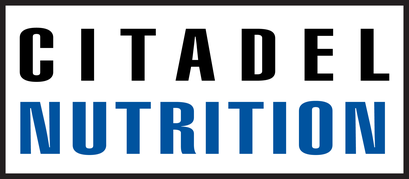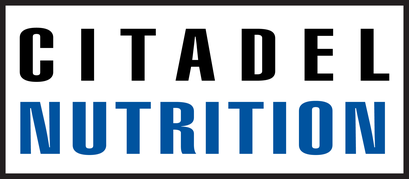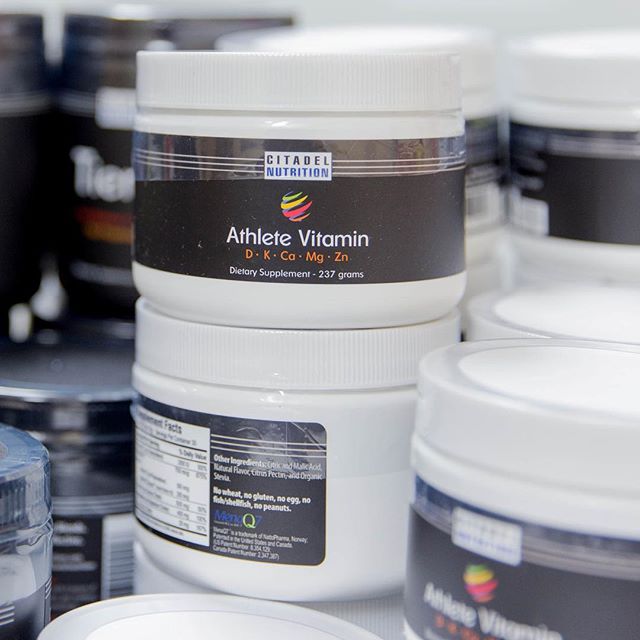
Immortal Myths of Supplements

CN Note: Here's another guest article about supplements from experts in the fitness and nutrition industry we trust and respect.
---
IMMORTAL MYTHS OF SUPPLEMENTS
By. Dr. Mike Israetel of Renaissance Periodization
Since supplements began to gain significant popularity as important parts of the training and diet equation (around the 1980’s), a large quantity of information about them began to permeate fitness media and social circles. While much of this was in fact very accurate and helpful information, some very false ideas about supplements spread through much of the fitness community. The good news is that many of those ideas died out shortly after they gained popularity. We don’t take Smilax to boost testosterone and liver tablets have been missing in action for some decades now.
The not so good news is that multiple myths about supplements continue to hold ground. Many of these myths are almost as old as the modern supplement industry itself! We’ll briefly take a look at 6 pervasive myths related to supplement use and see if we can’t shine a bit of light on these largely false but highly propagated notions.
MYTH 1: SUPPLEMENTS ARE CRITICAL FOR MUSCLE GROWTH
In order to sell supplements, most supplement companies want you to believe that the inclusion of supplements along with your training and diet plan is a make or break factor and that it has a large influence on the results you’ll see from all of your dedication and hard work. On the other side, many lifters want to believe that the money they spend on supplements and the faith they have in them is not without support, so they are happy to believe that, as the supplement companies claim, supplements make a big difference in both appearance and performance.
The reality of the matter is that supplements don’t make nearly the kind of difference in your results that many would have you believe. In fact, our best analysis at Renaissance Periodization has shown that supplements used to their full potential have around a 5% total effect on body composition (how much muscle and fat you carry) when compared to other diet variables like calorie balance, macronutrient amounts and timing. Our analysis was based largely on the effect sizes of supplement studies from the literature. One group takes creatine, the other doesn’t, and the study authors measure how much muscle is gained and fat is lost. We look at all the studies on creatine, whey protein, and all of the other effective supplements and see how much of an effect that has on results… how much muscle is added and how much fat is lost, for example. Then we compare that magnitude of effect to studies on diet where calories are cut or raised, protein increased or decreased, and so on.
After all that data is examined, it turns out that just eating less food per day is by far the most effective fat loss tool, bar none. Eating more protein and less fat has a smaller but still large effect, and spreading 2 daily meals out into 6 has a still smaller effect. The kicker? All of those effects, even the smallest for timing, are bigger on average than the effect of most commercially available fat loss supplements. So if you’re gonna pay super close attention to anything, it had better be how much and what kind of food you eat, and not what kind of powders you’re taking.
It’s important to note that while supplements are not super powerful, they are also not useless, and myth 6 will address that idea. But the take home point here is; supplements can round out a well-designed diet and training plan and make sure you’re getting everything out of your efforts, but they won’t be a big player in your results any time soon. If you’re thinking of buying that whey protein jug to enhance your training a bit, great. But if you think it will revolutionize your results, think again.
MYTH 2: YOU NEED A LARGE VARIETY OF SUPPLEMENTS TO SUCCEED
Some supplements work, but many (most, in fact) don’t do a whole lot of much. If you want supplements to play a small but positive role in your program, you’ve gotta choose the few that work and don’t need to take a thousand different pills and powders each day. Whey protein, glycemic carbs, creatine, stimulants (like caffeine), casein protein, and a multivitamin are the most effective supplements. Fish oils and beta alanine have promise, and BCAAS can be useful. Other than thay, maybe several other supplements do much of anything and the rest are unfortunately just marketing hype.
If your supplement shelf is crowded with all kinds of vitamin and mineral mixes, proprietary blends and fancy formulas, it might be time to clean the slate and only keep the ones that have a research-backed track record.
MYTH 3: NOVEL AND EXOTIC FORMS OF CREATINE ARE EFFECTIVE
This one is very straightforward; Creatine Monohydrate is the ONLY form of creatine that has been extensively tested and shown to be:
- Safe for long term consumption
- Absorbable into muscle cells
- Effective in improving performance and body composition
Other forms (such as HCL) don’t have nearly the same volume of research to support their claims and still others (ethyl ester) have been shown to not even make it to storage in the muscle cell. If you want sure results, stick to monohydrate for your creatine needs.
MYTH 4: GLUTAMINE HELPS LIFTERS
Glutamine has been a popular supplement with lifters for going on several decades. For how popular it is and has been, the data on glutamine is quite glim. All of the studies taken together show that glutamine doesn’t have a reliable effect on improving strength, muscle size, recovery, or any other quality pertinent to training. There is some very limited data on glutamine being an important fuel for the immune system, but it’s rather clear that most people get so much glutamine from the protein they eat that being glutamine-deficient in any meaningful sense is incredibly rare and unlikely.
MYTH 5: WHEY QUALITY IS PARAMOUNT
Whey concentrate, whey isolate and whey hydrolysate. What’s the big difference? Mostly, the former has the most carbs and fat, the later the fewest, and isolate somewhere in between. How much more carbs and fat? Per 25g serving of protein, concentrate might have up to 10g of carbs and 3g of fat, and hydrolysate less than 1g of carbs and fat, with isolate somewhere in the middle.
If you’re very lactose sensitive, the more exotic fractions might be worth it, but for most individuals, is 10g of carbs for every 25g protein shake really going to make that big an impact on results? And the next question, is it worth almost double the price? In most situations, the answer is “probably not.”
If you have trouble digesting whey concentrate or money isn’t a big issue, the fancier stuff is great. But if you’re price conscious and think you’re missing out with just whey concentrate, you’re probably not.
MYTH 6: SUPPLEMENTS ARE USELESS
While Myth 1 outlined the basic idea that supplements are not the most powerful tools to change your body, they can nonetheless be valuable ingredients in a training and diet program. It seems that some people are only comfortable thinking in absolutes, and when it became apparent in the last several years that supplements were very limited in their scope, some people took that to the extreme and are no proclaiming that supplements “don’t do anything.” “Just train and eat food, bro.”
These same people are often the ones that say nutrient timing doesn’t work. In an extreme example of this kind of attitude, I’ve even had the pleasure of discussing the matter with a Facebook poster that claimed even macronutrient amounts don’t matter to fat loss and muscle gain; just calories.
Extremism is not usually on the right track, and both kinds of pro- and anti- supplement attitudes are off the mark. Supplements are not all-powerful, nor are they completely useless. They have a small and meaningful effect on performance and composition, and the few that do work can and should be taken in their recommended doses if maximization of results is important to you.
---
About the author:


 USD
USD
 EUR
EUR
 AUD
AUD
 GBP
GBP
 JPY
JPY















